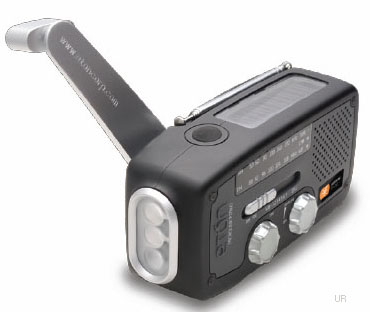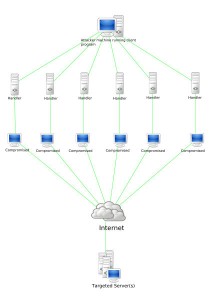
Structure of a Denial of Service attack. (Image: WikiMedia Commons)
No doubt, in publishing this, The SWLing Post will be hit with another barrage of denial-of-service attacks. If you notice the site loading slowly, or completely off-line for periods of time in the near future, you’ll know why…
A few weeks ago I mentioned various upgrades to the SWLing Post web server. Part of this is due to our increased traffic and part is due to the fact that we were moving to a more secure server.
You see, recently I posted an article with a recording of Firedrake along with a follow-up from Post reader, Mark. Two days later, The SWLing Post was hit with denial-of-service attacks from IP addresses, all of which appeared to originate from China. It almost brought the whole server down–however, my intrepid web host, CloudWeb, scrambled to block the offenders, and they did an amazing job. You may note that I had to temporarily remove the Firedrake posts (they’ve since been re-published). I don’t consider this to be a conciliation, but rather a victory: for free speech, and for its power on shortwave radio.
Anyone who follows the SWLing Post with regularity will know that I’m a strong believer in access to and freedom of news and information, so I’m a bit annoyed by the DoS attacks that attempt, however unsuccessfully, to mute our voice in China and throughout the world. No doubt, The SWLing Post is already behind the “great” firewall, anyway.
If our site does go down, follow our updates on Twitter and Facebook.
With that preamble behind me, I owe my thanks to Andy Sennitt for bringing this article to my attention:
 (Source: Reuters)
(Source: Reuters)
Radio broadcasts in English from the BBC World Service are being jammed in China, the British broadcaster said on Monday, suggesting the Chinese authorities were behind the disruption.
“The BBC strongly condemns this action which is designed to disrupt audiences’ free access to news and information,” the BBC said in a statement.
China, which enforces strict restrictions on its domestic media, has been accused by several prominent foreign media of seeking to stop their news reports reaching Chinese audiences.
“The BBC has received reports that World Service English shortwave frequencies are being jammed in China,” said the London-based public service broadcaster.
“Though it is not possible at this stage to attribute the source of the jamming definitively, the extensive and coordinated efforts are indicative of a well-resourced country such as China.”
A duty officer at China’s foreign ministry had no immediate comment.
[…]”The jamming of shortwave transmissions is being timed to cause maximum disruption to BBC World Service English broadcasts in China,” said Peter Horrocks, director of BBC Global News.
“The deliberate and coordinated efforts by authorities in countries such as China and Iran illustrate the significance and importance of the role the BBC undertakes to provide impartial and accurate information to audiences around the world.”[…]
Click here to read the full article by Estelle Shirbon; with additional reporting by Lucy Hornby; Editing by Tom Pfeiffer at Reuters.com
For more stories like this, follow our tag: Why Shortwave Radio?
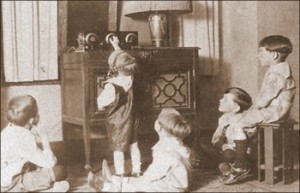 For your listening pleasure: two recordings of the pirate radio station, Radio GaGa.
For your listening pleasure: two recordings of the pirate radio station, Radio GaGa.


 (Source:
(Source:  For your listening pleasure: two hours of music, and a little Greek commentary, from the Voice of Greece.
For your listening pleasure: two hours of music, and a little Greek commentary, from the Voice of Greece.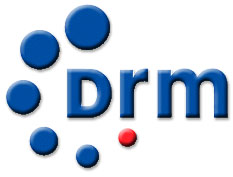 Frank writes:
Frank writes: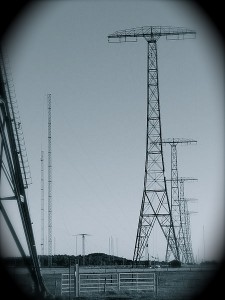 More mentions of
More mentions of 